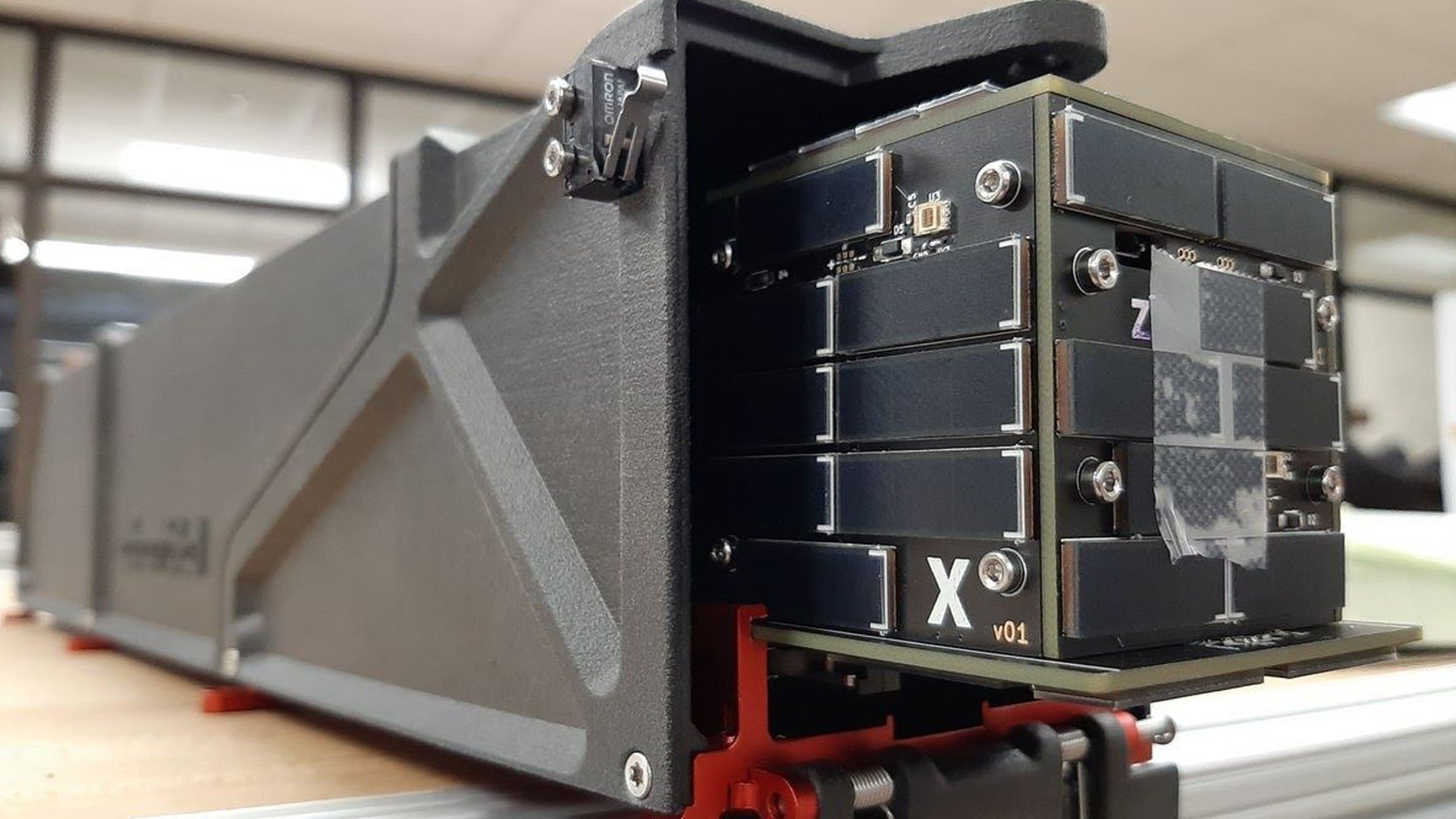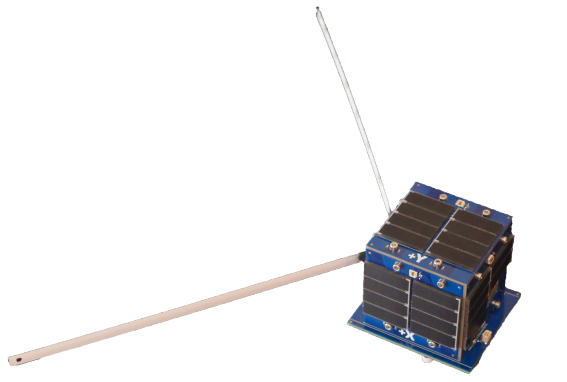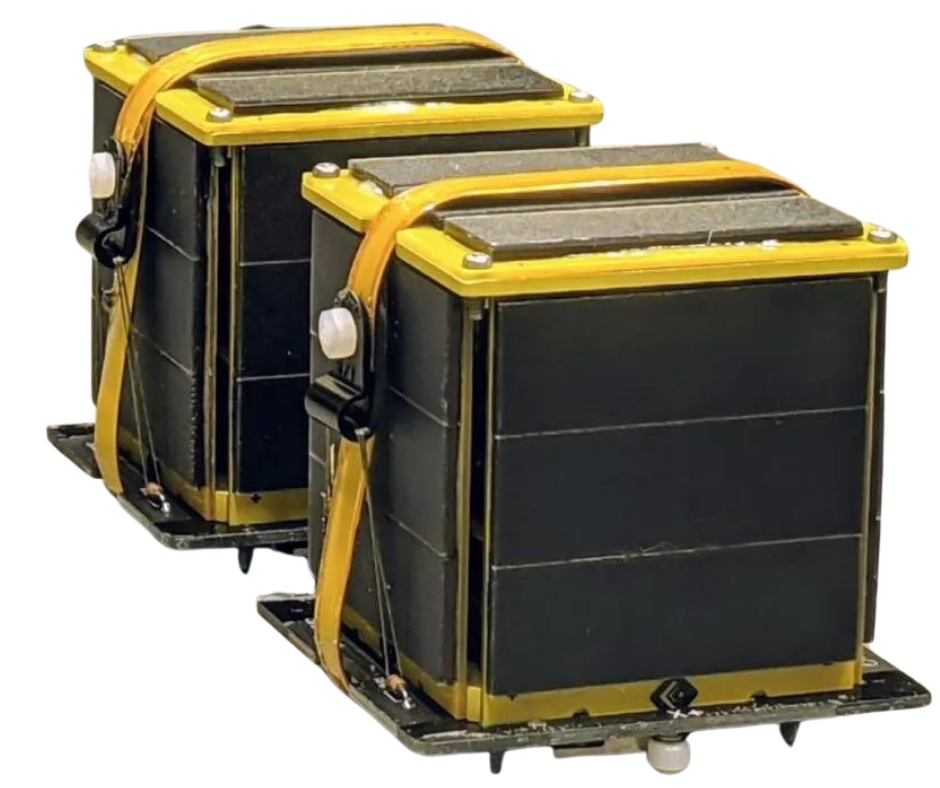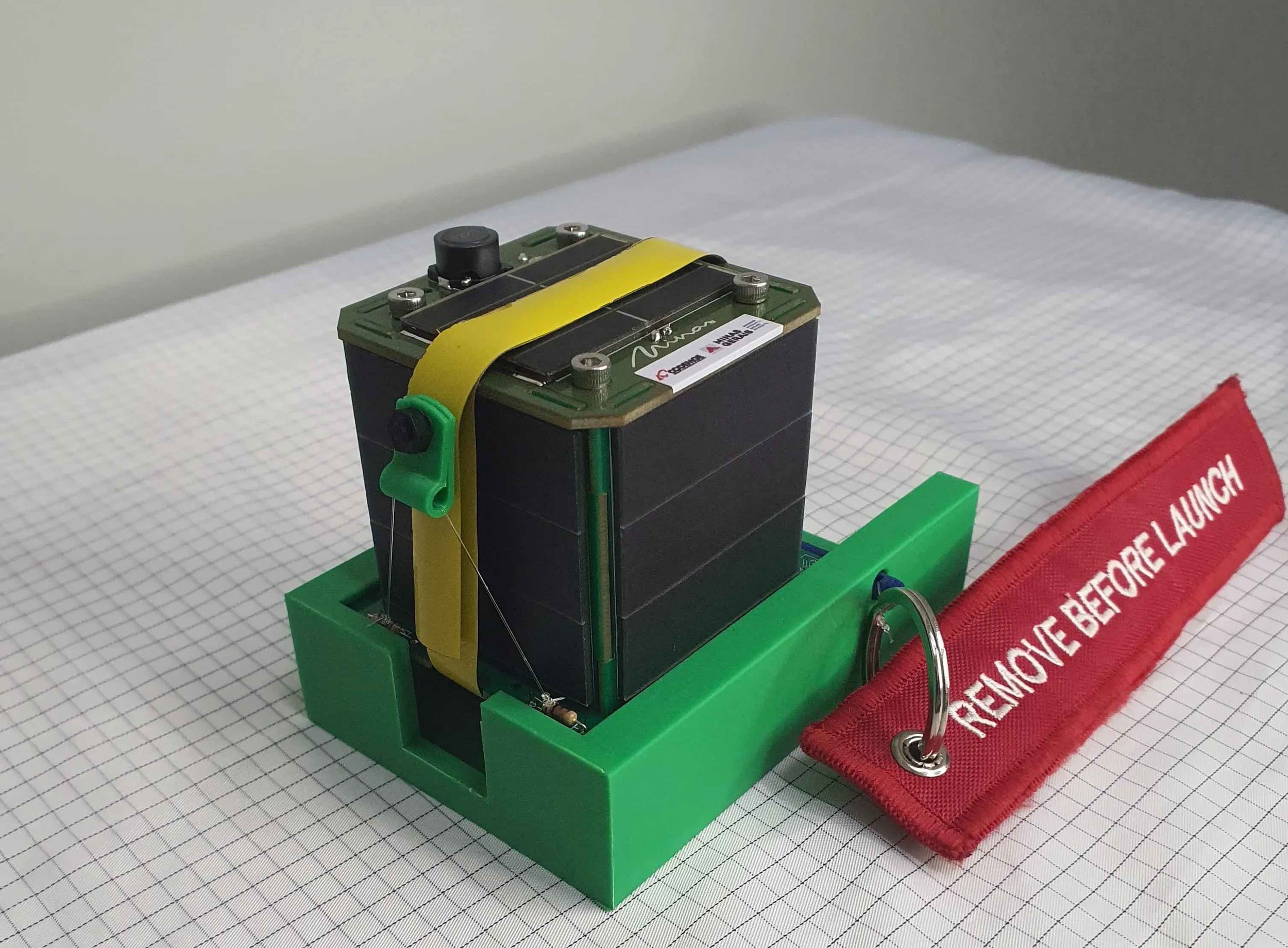Democratizing Space: A Beginner's Guide to Open Source PocketQubes
Delve into the world of open source pocketqubes, where anyone can build and launch their own satellites!
In the vast expanse of space, the dream of exploring the cosmos has always been tantalizing. However, the high costs and technical barriers associated with satellite development have traditionally limited this pursuit to large organizations and governments. But thanks to the power of open source, the realm of space exploration is becoming increasingly accessible to enthusiasts, students, and small teams worldwide. Enter the world of PocketQube satellites, miniature marvels of engineering that are redefining the possibilities of space exploration.
What are PocketQube Satellites?
PocketQubes are a class of miniaturized satellites, measuring just 5x5x5 centimeters and weighing less than 250 grams. Despite their small size, PocketQubes are capable of performing a variety of tasks, from Earth observation and amateur radio communications to scientific research and technology demonstration. Their compact form factor and low cost make them ideal platforms for educational institutions, hobbyists, and small companies looking to dip their toes into the cosmic ocean.
The Open Source Revolution in Space
One of the most exciting developments in the world of PocketQube satellites is the proliferation of open-source projects. These initiatives embrace the principles of collaboration, transparency, and accessibility, making satellite technology available to a wider audience. Let's take a journey through some of the most compelling open-source PocketQube projects and see how they're democratizing access to space.
Open Source PocketQube Projects
$50SAT (1.5P), Morehead State university
$50SAT (AKA Eagle-2) was one of the first PocketQubes ever launched and has since inspired waves of engineers to start building their own satellites!
Launched in 2013, the primary mission of this 1.5P PocketQube was to create a cost effective platform for students to to develop hands-on engineering skills in the classroom.
Developed by the Father of Cubesat and PocketQubes during his time at Morehead State University, Prof Bob Twiggs, $50SAT was a successful Amateur Radio mission that lasted in orbit for 20 months! Link to the open source materials here.
pycubed-mini (1p), carnegie mellon university (CMU)
PyCubed-Mini is Carnegie Mellon University’s open-source 1p PocketQube satellite research platform designed with affordability and user-friendliness in-mind. By utilizing readily available components and simple 3D-printed structural elements, the platform significantly reduces the entry barriers, making it accessible to universities, high schools, and individuals eager to engage in space exploration and pursue their research interests.
The PyCubed-Mini platform represents a significant step towards democratizing space exploration and supporting innovation in the satellite development community. Removing financial barriers and simplifying hardware and software integration will empower students and hobbyists to contribute to space research and advances in space technology.
sattla-0 (2P), Ariel University
SATLLA-0, also known as satllazero, is an open-source project that aims to develop a fully functional pico-satellite. The project includes both the software and hardware of the pico satellite, as well as a ground station. The goal of the project is to enable any science class (in high school or university) to experience the "new space" at a fraction of the price of existing solutions.
The SATLLA-0 project is all about building a fully functional 2pP PocketQube that's based on a design that's already been launched into space (see SATLLA-2B). Researchers and 12K students can get involved, and the project includes the software, hardware, and ground station you need to make it happen. The goal is to make it possible for any science class to experience the "new space" without breaking the bank. Link to open source materials here.
PROMETHEUS-1 (1P), UNIVERSITY OF MINHO, TÉCNICO/LISBOA, CARNEGIE MELLON UNIVERSITY
The PROMETHEUS project aims at providing easy access to space for the research and education (R&E) community. It was funded by the Portuguese Foundation for Science and Technology under the International Partnership CMU Portugal Program, in a consortium between Universidade do Minho (PT), Instituto Superior Técnico (PT) and Carnegie Mellon University (USA)
The platform proposed here is based on the PyCubed system (an open-source, radiation tested CubeSat avionics platform that integrates power, computing, communication, and attitude determination and control functionality into a single low-cost PC104-compatible module programmable entirely in Python), previously developed by the CMU team. This means that the entire system is widely available, based on commercial-off-the-shelf components and open-source hardware and software.
Tartan Artibeus-1 (1P), Carnegie Mellon University (CMU)
Tartan Artibeus (TA1) is the first batteryless, computational PocketQube satellite; its open-source hardware and software launched into low-Earth orbit (LEO) in January 2022.
TA1 is a 1p (125 cm3 ) PocketQube built around the Tartan Artibeus Bus (TAB), which connects independently-designed modules into a batteryless, computational satellite.
The open-source hardware and software of TA1 supports independently designed modules oblivious to the batteryless nature of the power system via adherence to TAB’s well-defined communication protocol serviced by a C&DH board.
Link to open source materials here.
UPC Nansosat Lab’s 1p PocketQube Kit
Open Source PocketQube Kit by UPC: The Open Source PQ Kit by UPC equips aspiring satellite developers with tools and resources needed to embark on their own space missions. utions to the open-source community provide valuable insights into satellite development and research.
https://wiki.nanosatlab.space/shelves/ieee-open-pocketqube-kit-mFR
Tigercub (1p) - Princeton
TigerCub, an accessible, mission-agnostic PocketQube platform.
TigerCub is a satellite bus in the PocketQube form factor, designed to be accessible to students and amateur nanosatellite developers. It uses primarily commercial-off-the-shelf (COTS) components and relatively simple custom-designed PCBs, lowering barriers of entry for developers who are venturing into the PocketQube world.
QUBIK (1P), LIBRE SPACE Foundation
Qubik are picosatellites developed by the Libre Space Foundation, a non-profit association developing pocketqube picosatellite technology. They are built to the 1P PocketQube form factor.
Link to open source materials here.
FOSSASAT-1 (1p) and FOSSASAT-2 (2P), FOSSA SYSTEMS
A team of worldwide contributors developed FOSSASAT-1 as an open-source radio LoRa IoT repeater led by a high school student. Their inaugural launch flew on board Alba Orbital’s Rocket Lab flight in December 2019. Link to open source materials here.
FOSSA Systems have also open sourced FOSSASAT-2B, a 2P PocketQube satellite with flight heritage. Link to open source materials here.
UaiSat-1 - Universidade Federal de São João del-Rei (UFSJ)
UaiSat-1 is an open-hardware educational PocketQube developed by the Universidade Federal de São João del-Rei (UFSJ), and the first PocketQube built by a Brazilian Federal University. It demonstrates how academic teams can create a complete, low-cost satellite using COTS components, modular open architecture, and LoRa-based communications, serving as a hands-on orbital laboratory for space systems and Space IoT education.
Additional Open Source PocketQube Projects
Ubo by Satellite Applications Catapult
Ubo is a 1P PocketQube project developed by Satellite Applications Catapult. With its open-source design, Ubo offers a valuable resource for enthusiasts and researchers interested in exploring the possibilities of PocketQube technology (link).
DelfiSpace (TU DELFt)
DelfiSpace offers a collection of PocketQube-related projects and resources. While not all design files may be available, DelfiSpace's contributions to the open-source community provide valuable insights into satellite development and research.
PQ60 EPS by pinski1
PQ60 EPS provides essential power management capabilities for PocketQube missions, ensuring the reliable operation of onboard systems. By sharing their EPS design, pinski1 enables others to build upon their work and contribute to the advancement of satellite technology.
1P PocketQube Holder by DIY Satellite
1P PocketQube Holder offers a practical solution for securely transporting PocketQube satellites during assembly and integration.
EARS-PocketQube by Surrey EARS
EARS-PocketQube is a collaborative effort by Surrey EARS to develop PocketQube satellite components and systems. While the repository may be relatively sparse, it represents a starting point for future contributions and collaborations in the open-source PocketQube community.
SednaCube by iCMDdev
SednaCube is a participant in the Qube2Space initiative, exploring innovative applications of PocketQube technology. By sharing their designs and insights, SednaCube contributes to the growing body of open-source knowledge in the PocketQube community.
Pocketqubes ushering A New Era of Space Exploration
The rise of open-source PocketQube projects represents a paradigm shift in space exploration – one where the barriers to entry are lowered, and innovation knows no bounds. Whether you're a student, hobbyist, or seasoned engineer, there's never been a better time to join the cosmic adventure.
So why wait? Dive into the world of open-source PocketQube projects, unleash your creativity, and embark on a journey to unlock the mysteries of the universe, one PocketQube at a time. The cosmos awaits, and with open-source technology, the stars are within reach.
Alba Orbital is the leading provider of PocketQube satellite rideshare services, having delivered 57 satellites to orbit to date with launch partners such as SpaceX and Rocket Lab. With a focus on accessibility and reliability, Alba Orbital empowers organizations worldwide to realize their space exploration goals. If you would like to launch your own space based missions, get in touch at contact@albaorbital.com or fill in our contact form.












